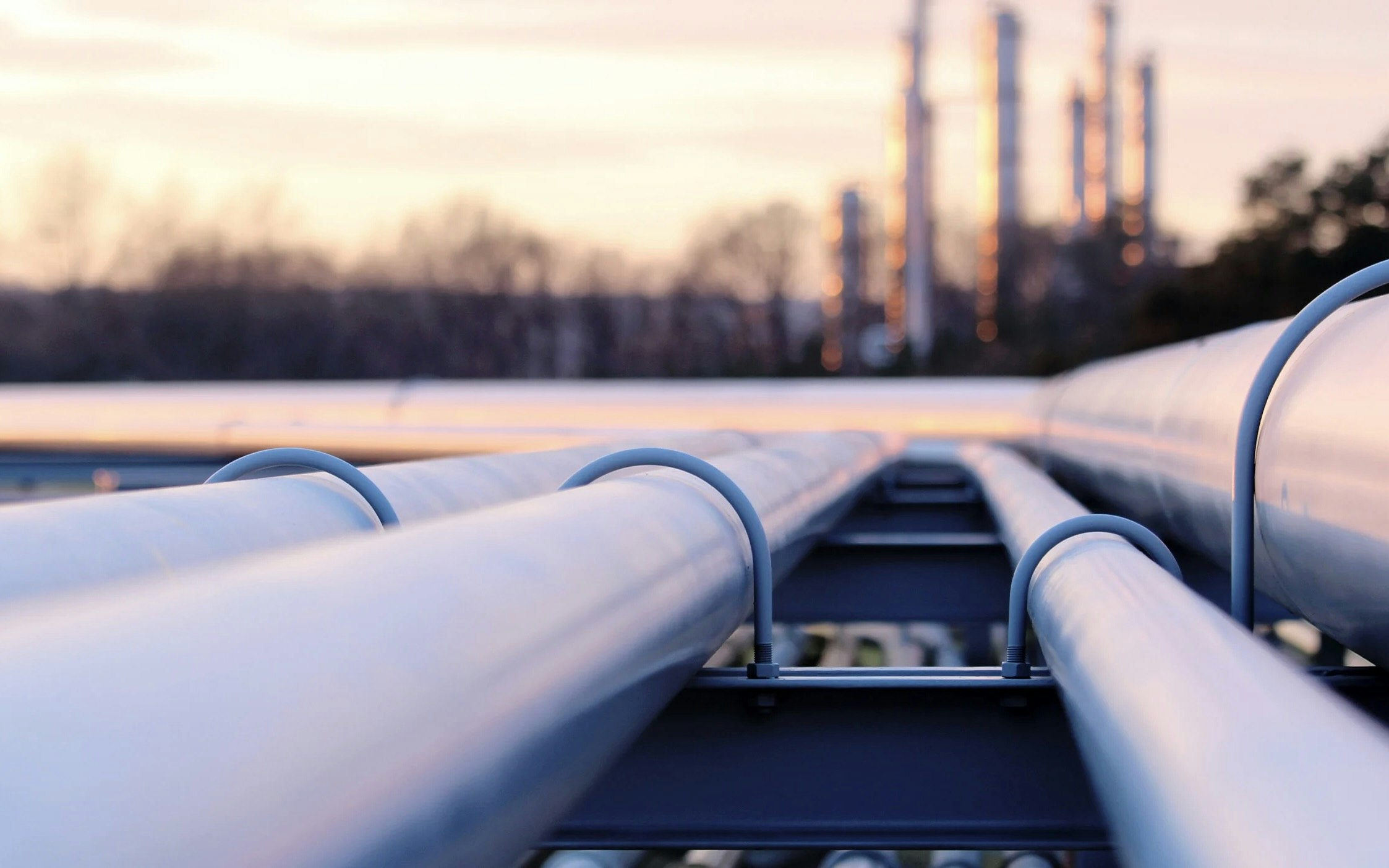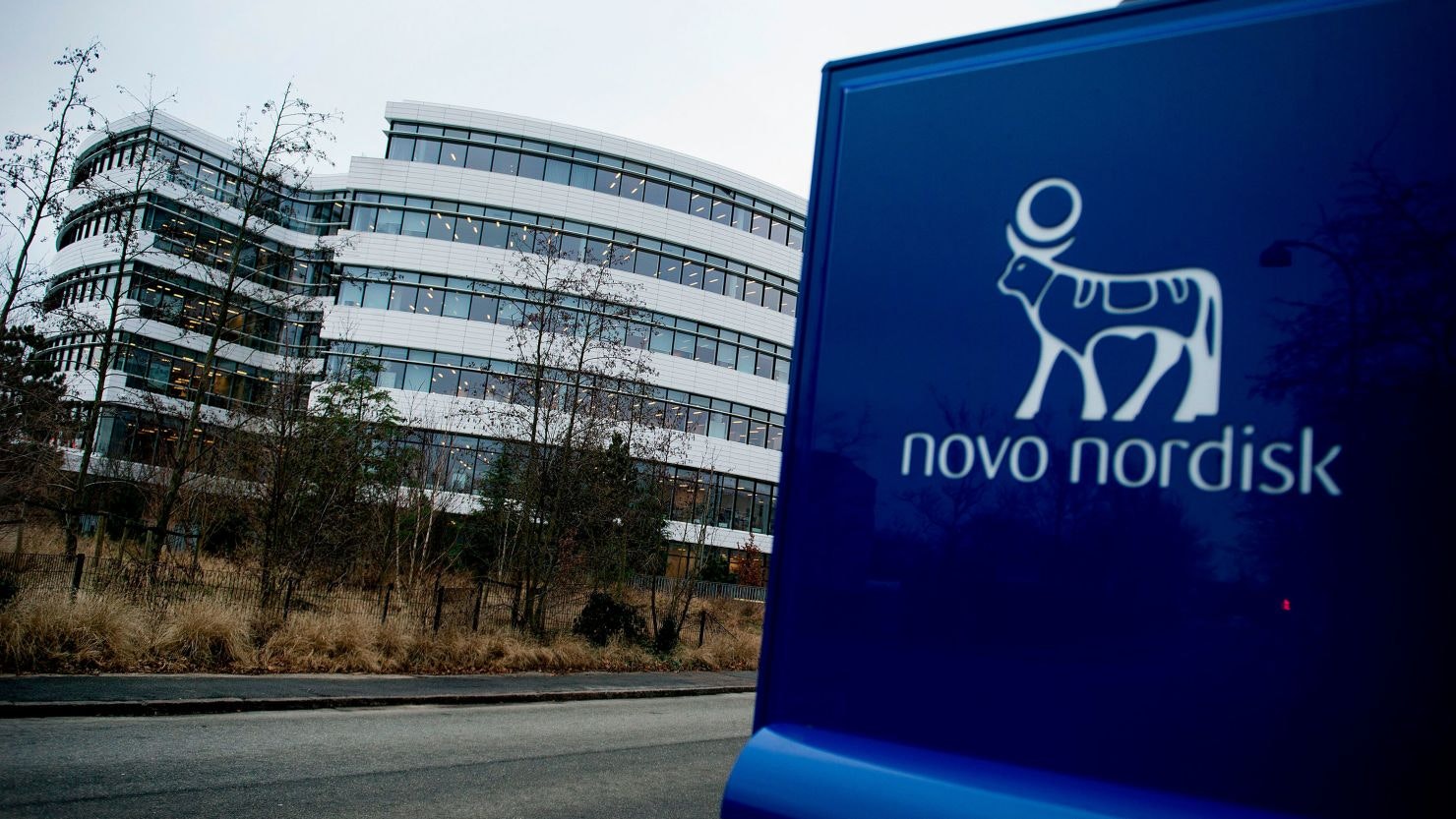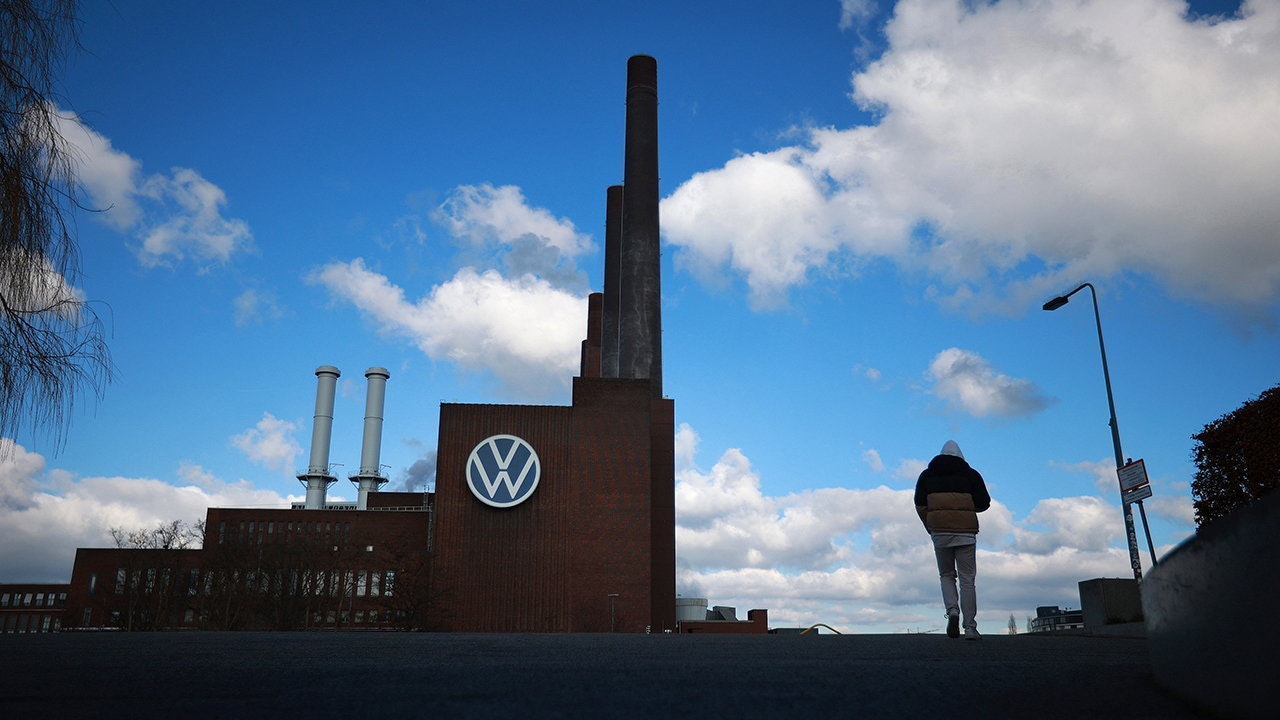Economics
European Trading Platforms Criticize EU Plans for Centralization of Commodity Trading
Leading European software providers for commodity trading criticize the EU plans to establish a central trading platform for gas, hydrogen, and critical minerals.

The EU's plans to centralize the purchase of natural gas, hydrogen, and critical minerals face fierce criticism from leading European software providers for commodity trading. Companies such as Enmacc and MetalsHub warn that the initiative could not only distort competitive conditions but also undermine efforts to promote local technology companies.
The EU intends to create a new trading platform that will be developed and operated by private providers, but will be transferred to the ownership of the European Commission after five years. This measure is reminiscent of the central procurement of COVID-19 vaccines by the EU and is intended to help lower prices and support the creation of new markets. However, Jens Hartmann, CEO of Enmacc, criticized that the EU would become a direct competitor to the private sector: "Why should the EU run a platform when European companies are already offering similar infrastructures?
The affected companies also criticize that the EU's plans do not reflect the actual trading conditions of the target raw materials. While the market for natural gas is established, hydrogen trading is still in its early stages and is based exclusively on long-term contracts. In contrast, the markets for critical minerals such as lithium and rare earths are highly specialized and opaque.
Frank Jackel, co-founder and CEO of MetalsHub, expressed concerns that the European Commission might gain too much influence over commodity trading through control of market infrastructure. "We have informed the EU that we don't want them to operate our software platform," Jackel said.
Although Enmacc and MetalsHub want to bid jointly for the tender, they are calling on the EU to reconsider the project. "We can help and do it together," said Hartmann, but he questioned whether this would be possible based on the current tender.
A European automotive executive emphasized that centralized procurement could strengthen smaller suppliers but warned that the EU might use its control over market infrastructure to implement coercive measures such as mandatory stockpiling. "We do not want policymakers or European governments to have too much influence over trading platforms for raw material markets," said the executive.
The companies emphasized that the industry had not been involved in the development of the proposals and called on the EU to adjust the tender to better take into account the expertise of the sector.






